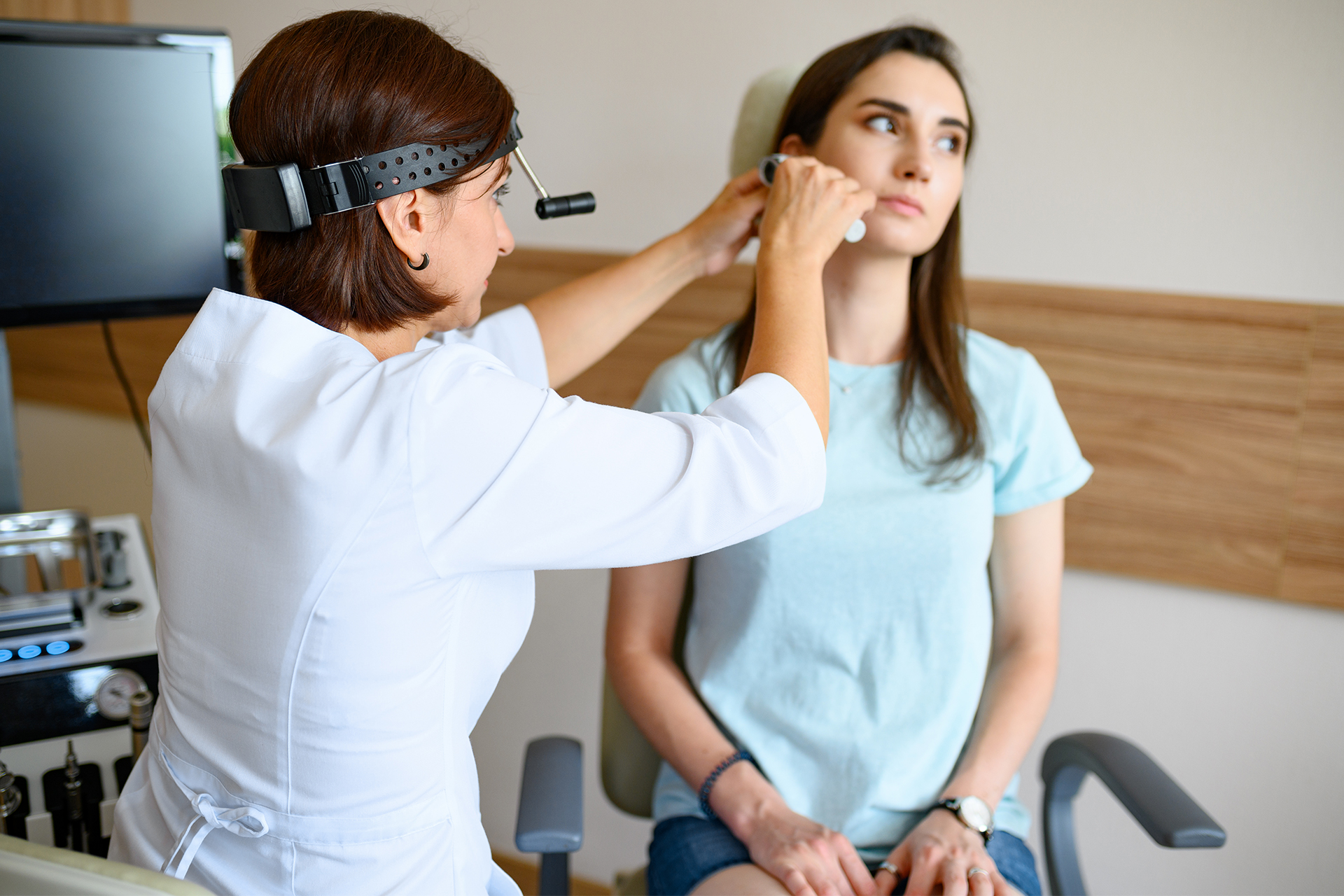
When you’re dealing with a sudden illness or injury, the last thing you want is to endure long waits for diagnostic tests. That’s where urgent care centers in Fairfield, CT, come into play, offering timely medical attention without the hassles of hospital emergency rooms. But can urgent care do lab work? Let’s find out!
When it comes to addressing medical concerns, urgent care centers in Fairfield, CT, like DOCS Urgent Care & Primary Care Fairfield, are known for their efficiency and accessibility. One essential component of their services is lab testing, crucial in diagnosing and treating various health issues.
Can urgent care do blood tests? Do urgent care do blood work? The quick answer is yes. Blood tests are incredibly versatile and can assess various aspects of your health. Here are some common types of blood tests you can get at nearby urgent care in Fairfield, CT:
A CBC is a comprehensive blood test that evaluates the composition and concentration of different blood cells, including:
Metabolic panels evaluate your body’s chemical balance and metabolism. At nearby urgent care center in Fairfield, CT, they typically include tests for:
A lipid panel assesses your cholesterol levels, which are crucial for heart health. At an urgent care in Fairfield, CT, this includes tests for:
Thyroid function tests assess the health of your thyroid gland, which plays a crucial role in metabolism and energy production. At an urgent care center in Fairfield, CT, these tests include:
A coagulation profile evaluates your blood’s ability to clot properly. If you visit an urgent care in Fairfield, CT, it will include tests like:
Going to an urgent care in Fairfield, CT, allows you to access various types of tests. Blood tests are also vital for detecting infectious diseases such as:
Urinalysis, often called a urine test, is a diagnostic examination of your urine at urgent care labs. It involves a thorough analysis of your urine sample’s physical, chemical, and microscopic properties. While it may seem routine, urinalysis at urgent care in Fairfield, CT, provides valuable insights into your overall health and can help identify various medical conditions.
Urinalysis at an urgent care in in Fairfield, CT, involves the examination of several key components in your urine:
Urinalysis at an urgent care in in Fairfield, CT, is a versatile diagnostic tool that can provide insights into a wide range of health concerns:
X-rays and imaging services at urgent care in Fairfield, CT, encompass a range of diagnostic techniques that use ionizing radiation or other technologies to produce detailed images of the inside of the body. These images allow healthcare providers to visualize bones, organs, and tissues, making them indispensable for identifying injuries and medical conditions.
X-rays are the most well-known imaging technique at urgent care in Fairfield, CT. They use a small amount of ionizing radiation to create images of the inside of the body. Common uses include:
CT scans involve taking multiple X-ray images from different angles to create detailed cross-sectional images of the body. They are used to:
MRIs use strong magnets and radio waves to create detailed images of the body’s internal structures. They are particularly useful for:
Ultrasound imaging uses sound waves to create images of organs and structures inside the body. Urgent care centers in Fairfield, CT, often use ultrasound for:

Where the need for accessible and efficient healthcare services is ever-present, urgent care centers in Fairfield, CT, have risen to the occasion, providing specialized lab services that cater to the unique demands of the community.
Urgent care centers in Fairfield, CT, like DOCS Urgent Care & Primary Care Fairfield, typically offer two main types of COVID-19 tests:
PCR testing is considered the gold standard for COVID-19 diagnosis. It detects the presence of viral genetic material in a sample collected from the nose or throat. Here’s how PCR testing works:
Rapid antigen tests are faster but slightly less accurate than PCR tests. They work by detecting specific viral proteins in a nasal or throat swab. Here’s how rapid antigen testing works:
Urgent care centers in Fairfield, CT, offer an array of STD tests to cater to diverse needs. The choice of test depends on factors such as the specific STD being screened, individual risk factors, and the presence of symptoms. Here are some common types of STD tests:
Chlamydia and gonorrhea are two of the most common bacterial STDs. Testing for these infections usually involves:
Syphilis is a bacterial STD that progresses through stages. Testing options include:
Human immunodeficiency virus (HIV) is the virus that causes acquired immunodeficiency syndrome (AIDS). HIV testing options include:
Herpes simplex virus (HSV) can cause genital herpes. Testing at an urgent care in Fairfield, CT, like DOCS Urgent Care & Primary Care Fairfield, may involve:
Human papillomavirus (HPV) is a common virus that can lead to genital warts and certain cancers. Testing at an urgent care in Fairfield, CT, for HPV may include:
Hepatitis B and C are viral infections that can be sexually transmitted. Testing may involve blood tests to detect viral markers.
Urgent care centers in Fairfield, CT, offer a variety of allergy tests to cater to different needs and allergen sensitivities. Here are some common types of allergy tests:
The Skin Prick Test is among the most common and widely used allergy tests. Here’s how it works:
Patch testing is used primarily to diagnose contact dermatitis, an allergy that occurs when the skin comes into contact with certain substances. Here’s how it’s performed:
Oral food challenges are conducted at an urgent care with a lab when there is uncertainty about whether an individual is allergic to a particular food. Here’s how they work:
An elimination diet involves removing specific foods or food groups from the individual’s diet to determine if any symptoms improve. Here’s how it’s typically conducted:

If you’re seeking urgent care in Fairfield, CT, or lab services, we highly recommend DOCS Urgent Care & Primary Care Fairfield. Whether you require common lab tests, specialized testing, or prompt attention for acute medical concerns, we are equipped to meet your needs. Contact us to schedule your appointment or visit our location.



During this surge in COVID-19 cases, our primary focus is meeting the high demand for tests, and we are seeing higher than usual wait times. This means we are unable to answer most phone calls. Please know that our teams are working very hard during this time to care for as many patients as safely as possible. Please click the button below for answers to common questions. We appreciate your understanding.